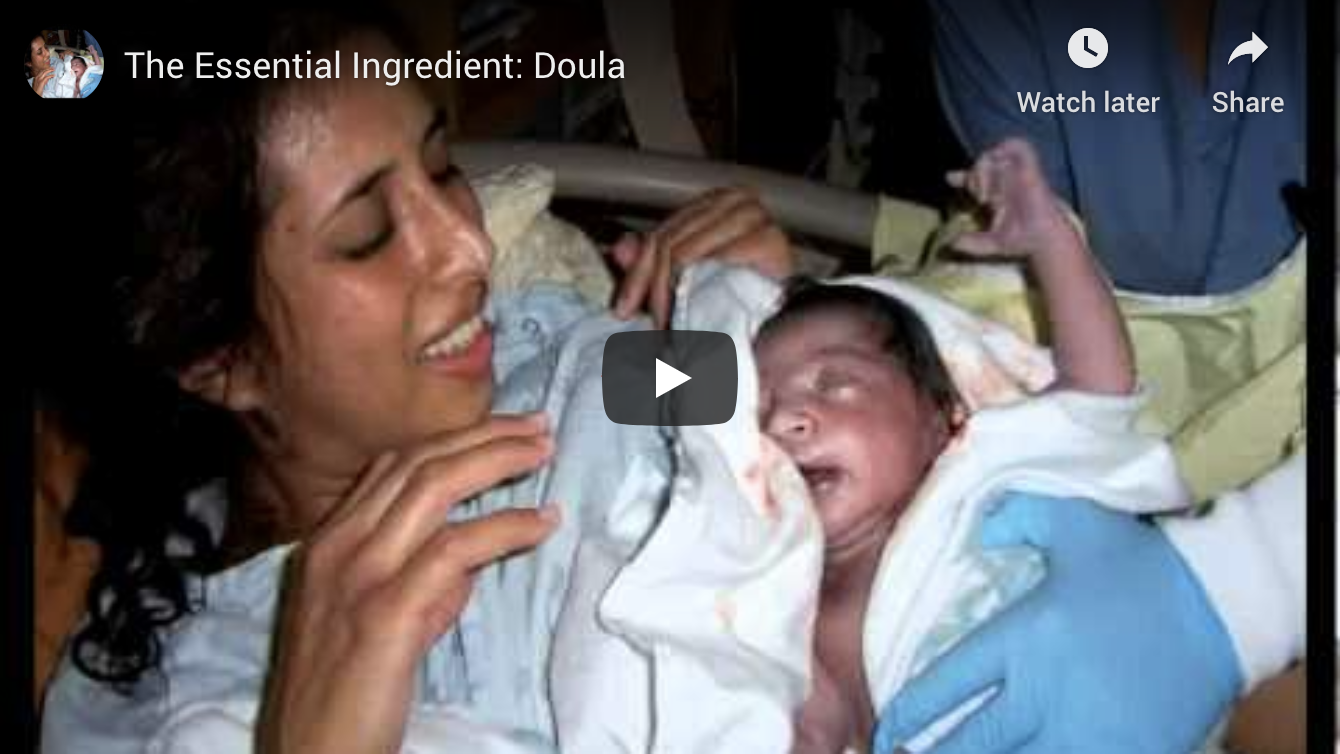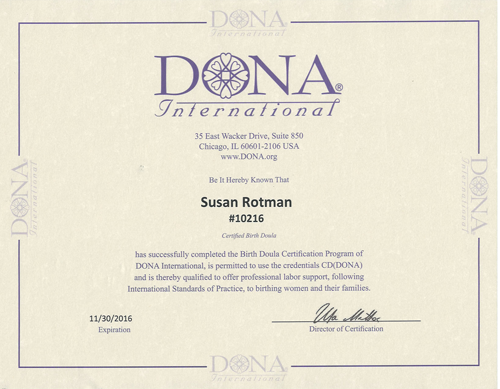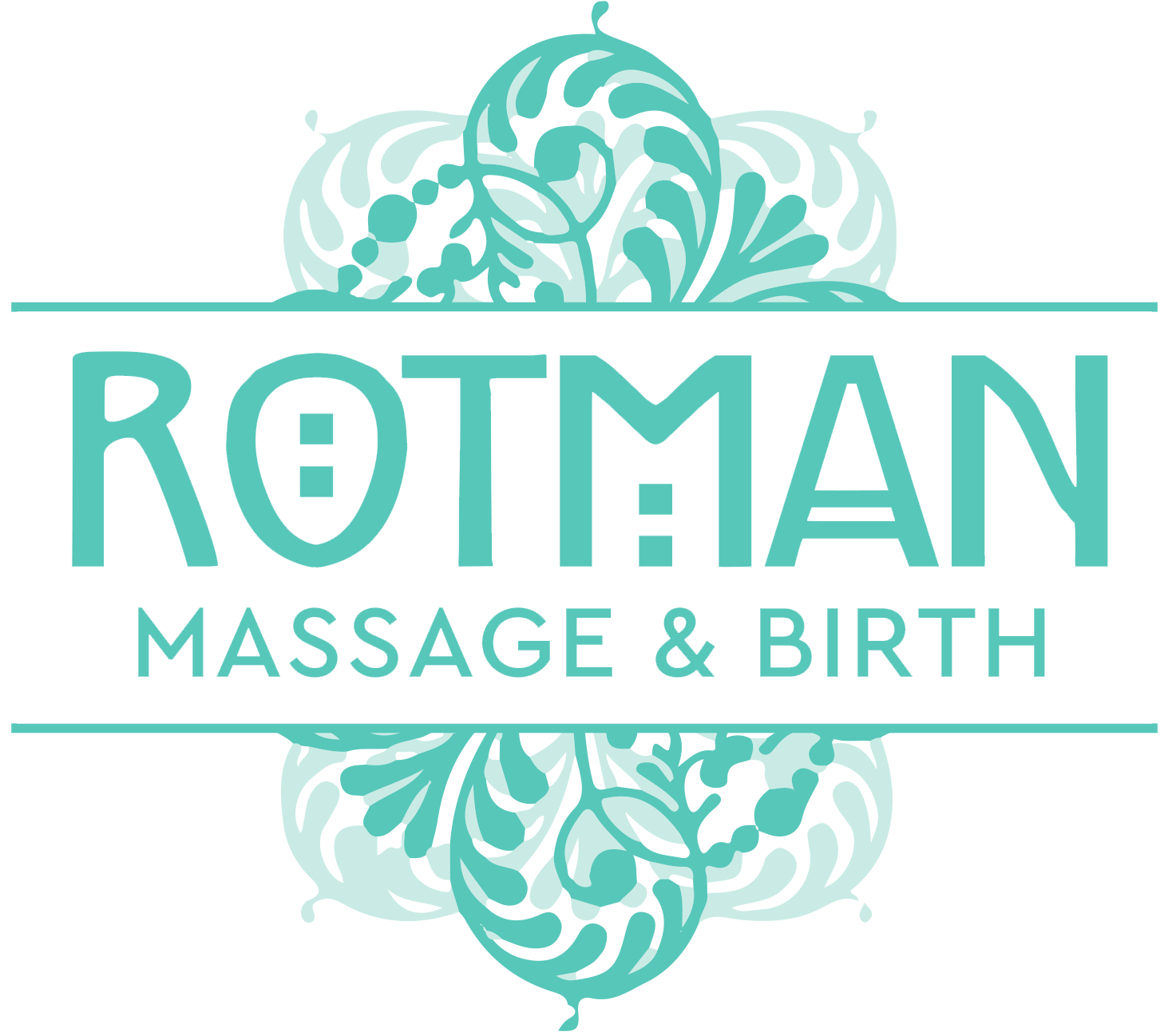I am a DONA® doula.
After attending my class and establishing a relationship, some couples decide that my participation in their birth is a natural progression. This is not only a great honor to me, but a great comfort to the birthing couple. As a Bradley® and CD(DONA) certified Birth Doula, I have served the needs of my laboring couples with great success. The weeks that we spend together in class provide an opportunity to really get to know each other. This type of relationship fosters a high level of trust and insures a comfort zone simply unattainable through most doula partnerships.

I am a DONA® doula.
After attending my class and establishing a relationship, some couples decide that my participation in their birth is a natural progression. This is not only a great honor to me, but a great comfort to the birthing couple. As a Bradley® and CD(DONA) certified Birth Doula, I have served the needs of my laboring couples with great success. The weeks that we spend together in class provide an opportunity to really get to know each other. This type of relationship fosters a high level of trust and insures a comfort zone simply unattainable through most doula partnerships.
Why Doula Support is Good
Doulas “mother the mother.” While performing her role, a doula:
- Provides emotional support
- Uses comfort measures: breathing, relaxation, movement, positioning
- Gives information
- Continuously reassures and comforts the mother (the key word is continuous—a doula never leaves the mother’s side)
- Helps a mother become informed about various birth choices
- Facilitates communication between the mother and care provider
“Published data indicate that one of the most effective tools to improve labor and delivery outcomes is the continuous presence of support personnel, such as a doula. A Cochrane meta-analysis of 12 trials and more than 15,000 women demonstrated that the presence of continuous one-on-one support during labor and delivery was associated with improved patient satisfaction and a statistically significant reduction in the rate of cesarean delivery (111). Given that there are no associated measurable harms, this resource is probably underutilized.”
—The American Congress of Obstetricians and Gynecologists
What a Doula is NOT
- Doulas are NOT medical professionals
- They do not perform clinical tasks such as vaginal exams or fetal heart monitoring
- They do not give medical advice or diagnose conditions
- They do not judge you for decisions that you make
- They do not let their personal values or biases get in the way of caring for you (for example, they should not pressure you into making any decisions just because that’s what they prefer)
- They do not take over the role of your husband or partner
- They do not deliver the baby

